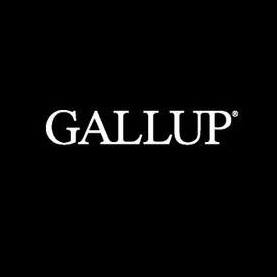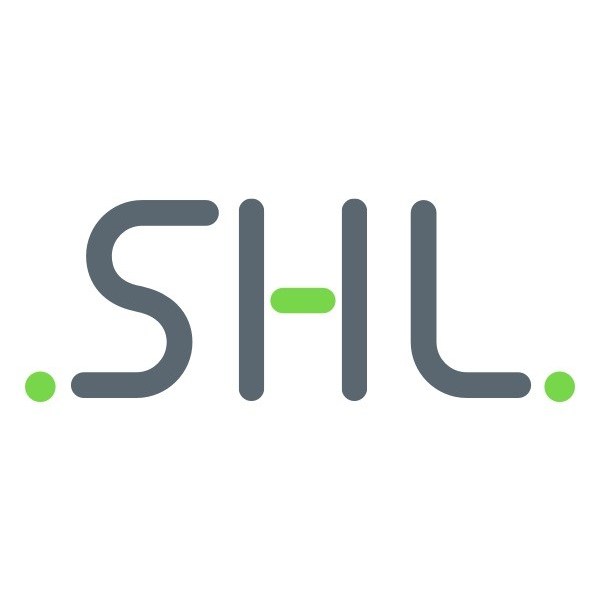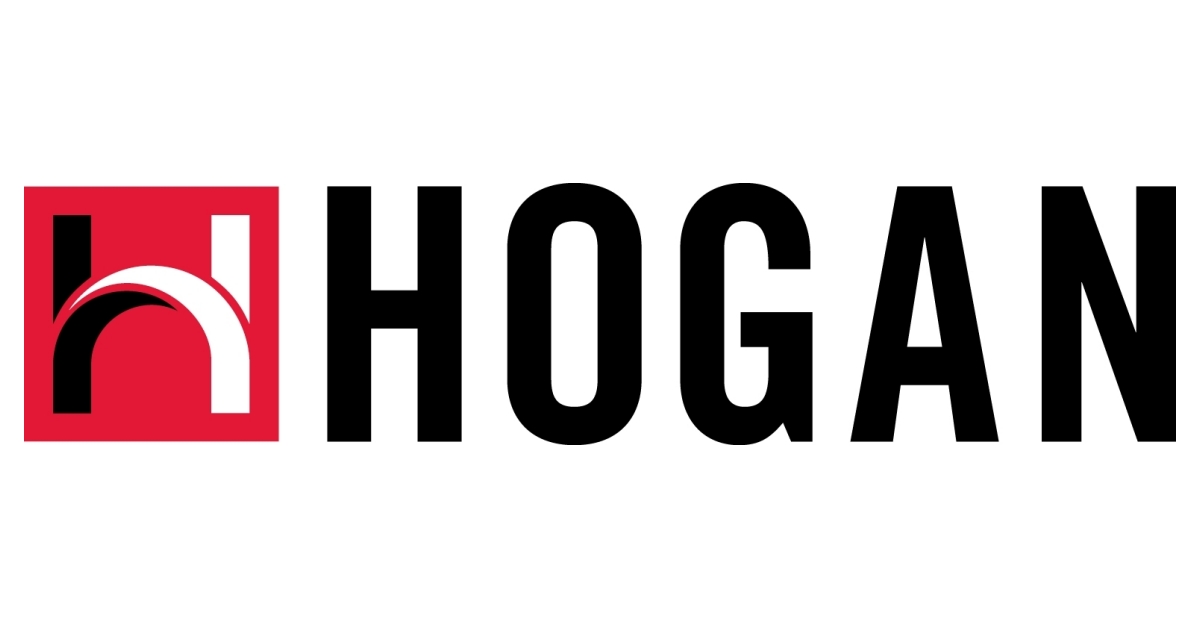PERSONALITY ASSESSMENTS IN THE WORKPLACE RECRUITMENT
Hiring the best candidate for a job is a complex process. It can be extremely difficult to discern and assess a candidate’s suitability for the job, and their suitability as an employee within the larger organization. While skillset and work experience is incredibly important, an often overlooked but equally important (and sometimes critical indicator for success!) is a candidate’s personality.
A hire who is a poor fit may lead to several negative outcomes, including the employee moving on, which forces the recruitment process to begin all over again. Or the employee may stay in the role and experience frequent conflicts that may impede productivity and can even affect the organization’s morale. Ideally, a candidate’s personality traits should align with the demands of the open position, the organization’s core values and the existing team of employees they would join. By examining candidates’ personalities, an employer can save time and resources by using insights from a personality assessment to more efficiently evaluate and rule out candidates who aren’t right for the role and prevent the wrong employees from being onboarded.
WHY USE PERSONALITY ASSESSMENTS?
Data from pre-employment personality assessments can provide recruiters with detailed analyses of candidates’ personality traits, including strengths, weaknesses, and tendencies, and may even be able to predict the likelihood of a given candidate being successful in the role. In some instances, carefully administered and applied personality assessments may also streamline recruitment by narrowing the pre-interview applicant pool. Those who aren’t fully invested in their application, such as an applicant who abstains from taking the assessment altogether, can be screened out and removed from the process, allowing the recruiter to focus on other, more interested applicants.
Typical application materials—resumes, references and face-to-face interviews— often fail to provide a comprehensive sense of a candidate’s personality. Even something relatively basic, like whether the candidate is extroverted or introverted, may be difficult to discern in a formal interview, in which everyone strives to make the best impression possible. To fill this knowledge gap, some companies include personality assessments as part of the hiring process.
For candidates that continue through the interview process, many personality assessments provide valuable information about candidate traits and even suggest questions to further probe areas that are flagged as potential concerns. For the interview team, looking at the set of traits a personality assessment evaluates gives them a common language and focus in discussing the candidate postinterview. This provides greater insight and understanding and limits the impact of subjective “gut feel” in making hiring decisions.
WHAT DO EMPLOYERS NEED TO BE AWARE OF?
Personality assessments aren’t necessarily a quick, easy fix for the myriad of challenges presented in the process of recruiting the right candidates. There are many factors recruiters should take into consideration when deciding whether administering personality assessments is a good idea for their company.
Not every personality assessment is considered an ethically sound foundation on which to base hiring decisions. It is crucial to make sure that the assessment is administered by a qualified third party, and that the questions asked to fall within acceptable parameters. Make sure the 4/5ths rule is followed in the provider’s valuation of their assessment’s validity and legal compliance. Asking inappropriate questions can leave a company at risk of a lawsuit for illegal or unethical hiring practices.
Another potential concern is that most assessments are self-reporting. In other words, candidates are in charge of describing or assessing themselves. The candidate is biased: it is in their best interest to score as well as possible, or even to choose options that seem to match the job description in order to gain employment. Some assessment results are also subjective, meaning they are not quantified on an objective scale that allows for multiple results to be compared.

MITIGATING CONCERNS
These concerns can be accounted for by thoroughly researching and understanding the available options. Talent acquisition should work with hiring managers and senior leadership to set goals for what data they hope to gather through the testing process. Different positions and hiring managers may assign different values to personality traits. Having solid job descriptions and ideally, an understanding of some of the competencies that are common among good performers in the role is extremely helpful in starting to explore assessment options. When finalist vendors are identified, learning how they would weigh their results in support of the specific needs of different roles in your company should be a key consideration. In a highly collaborative position, for instance, it might be crucial to determine whether the candidate would be compatible with existing personalities or how readily the candidate compromises with others.
Once all stakeholders have agreed on concrete goals for personality assessment, the assessments themselves can be examined in light of those priorities. For example, if an organization values innovation and creativity, it would be a good idea to choose an assessment that measures problem-solving abilities. Some assessments focus on role-specific traits, and others can be customized. The organization can choose the personality assessment that best meets their needs.
POPULAR PERSONALITY ASSESSMENTS
There are a wide variety of assessments available. As you evaluate potential vendors, it is important to understand that different assessments have different purposes. Before a candidate becomes an employee, it is important that you are only administering assessments designed to be used in the selection process. Some popular assessments like the Meyers Briggs Type Indicator and DiSC are excellent tools for improving company culture, collaboration and productivity but can lead to legal issues if used in the selection stage.

THE CALIPER PROFILE
The Caliper Profile was designed and intended for pre-hiring assessment. It measures 22 traits and boasts the ability to accurately predict job fit and performance, with the support of almost 60 years of research. A Caliper Profile assessment measures both strengths and weaknesses, which provides potential employers with a more complete idea of a candidate’s abilities and traits. Each candidate’s profile is matched with a profile that Caliper has identified as an ideal fit for the position based on traits and competencies required for the role. Additional questions or items to explore are identified based on traits that are outside of the target ranges or on the border. Multiple candidates’ results can be compared easily. The Caliper Profile can also be used to coach existing employees.
GALLUP PROFILE
Among other services, Gallup offers analytics-based assessments intended to enable organizations to make better hiring decisions. Their assessments are specific to characteristics deemed necessary for success in a wide variety of roles. Gallup has more than 70 years of experience working with organizations to select employees and offers support in every stage of the hiring process, from attracting candidates, to pre- and post-interview, and hiring the right candidate, as well as employee development post-hiring. Gallup provides similar insight and questions to support the rest of the candidate evaluation process.


THE SHL OCCUPATIONAL PERSONALITY QUESTIONNAIRE
The SHL Occupational Personality Questionnaire, or OPQ, was designed for pre-employment and predicts job fit, performance and potential. It measures 32 personality traits considered critical for any position by asking applicants to select statements that best describe their behavior in a work environment. The OPQ can be administered remotely with multiple device compatibility.
HOGAN PERSONALITY INVENTORY
The Hogan Personality Inventory (HPI) is intended for pre-employment personality assessment and was developed based on the five-factor model of personality: Openness, Conscientiousness, Extraversion, Agreeableness and Neuroticism. The assessment measures the employability of a candidate based on a particular job. It even suggests interview questions tailored for applicants based on their results. This assessment would likely be helpful to efficiently sort through a large applicant pool. The Hogan assessment provides a personality profile as well as interview insights and additional questions.

CONCLUSION
Personality assessments can be valuable assets for recruiters as they navigate the hiring process, but only as one tool in determining the best candidate. Personality assessments should never be administered in place of other steps, like in-person interviews or checking references, and are most effective when used with other application materials. If used with full knowledge of the assessment options available, and with specific goals in mind, personality assessments can simplify the hiring process and help recruiters select the best, long-term fit for the position and the organization.
